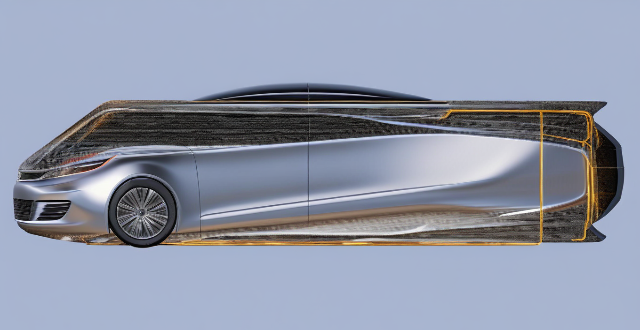Owning a hybrid car comes with several disadvantages, including higher cost compared to traditional gasoline-powered vehicles, limited power output, battery lifespan concerns, reliability issues, and potentially lower resale values.

Disadvantages of Owning a Hybrid Car
Owning a hybrid car comes with several advantages, such as better fuel economy and reduced emissions. However, there are also some disadvantages that potential buyers should be aware of before making a purchase. Here are some of the main disadvantages of owning a hybrid car:
Higher Cost
One of the most significant disadvantages of owning a hybrid car is the higher cost compared to traditional gasoline-powered vehicles. This is because hybrid cars require additional components, such as an electric motor and battery pack, which increase the overall cost of the vehicle. Additionally, repairs and maintenance costs for these components can also be more expensive than those for conventional cars.
Limited Power
Another disadvantage of hybrid cars is their limited power output. While they are designed to provide good fuel efficiency, they often sacrifice performance in terms of acceleration and top speed. This may not be a significant issue for daily commuters, but it can be a drawback for those who enjoy driving or need a more powerful vehicle for work or other activities.
Battery Lifespan
Hybrid cars rely on their battery packs to store energy and power the electric motor. Over time, the battery's capacity will decrease, reducing the vehicle's fuel efficiency and performance. Eventually, the battery will need to be replaced, which can be a costly repair. Additionally, disposing of old batteries can have environmental impacts, as they contain hazardous materials that require special handling.
Reliability Concerns
While modern hybrid cars have become increasingly reliable, some early models experienced issues with their complex systems. Potential buyers should research the reliability ratings of specific hybrid car models and consider purchasing from reputable manufacturers with a good track record for quality and customer service.
Resale Value
The resale value of hybrid cars can vary depending on factors such as brand reputation, model popularity, and overall condition. However, some buyers may be hesitant to purchase a used hybrid car due to concerns about battery lifespan and potential repair costs. As a result, the resale value of hybrid cars may not always be as high as that of traditional gasoline-powered vehicles.
In conclusion, while owning a hybrid car has its advantages, there are also some potential drawbacks that buyers should consider before making a purchase. These include higher costs, limited power, battery lifespan concerns, reliability issues, and potentially lower resale values. By weighing these factors against the benefits of owning a hybrid car, potential buyers can make an informed decision about whether this type of vehicle is right for them.